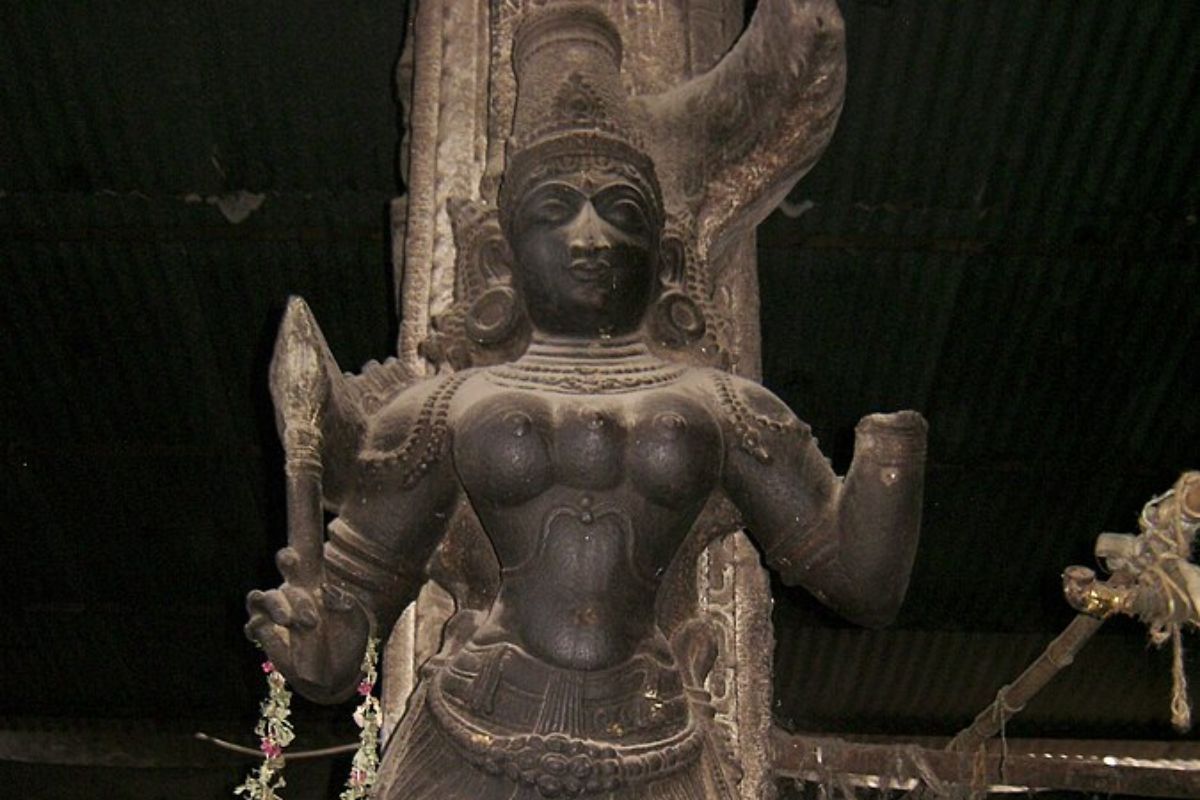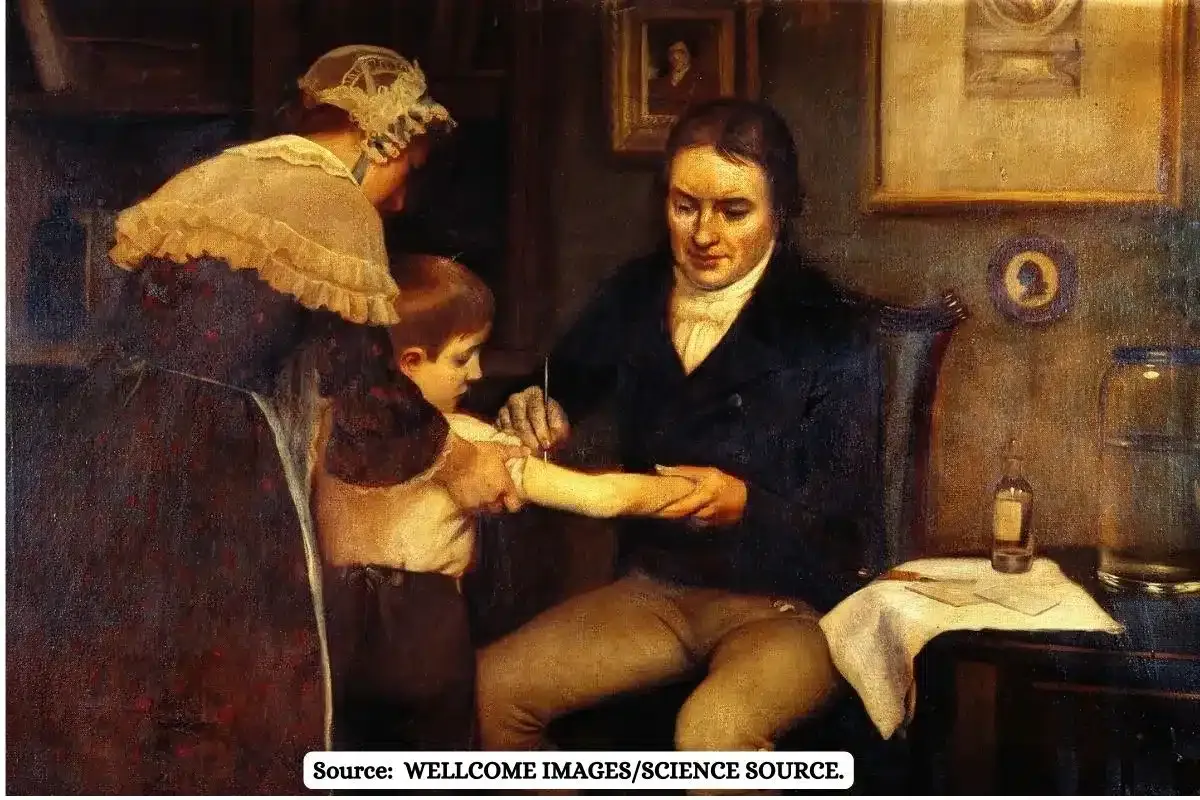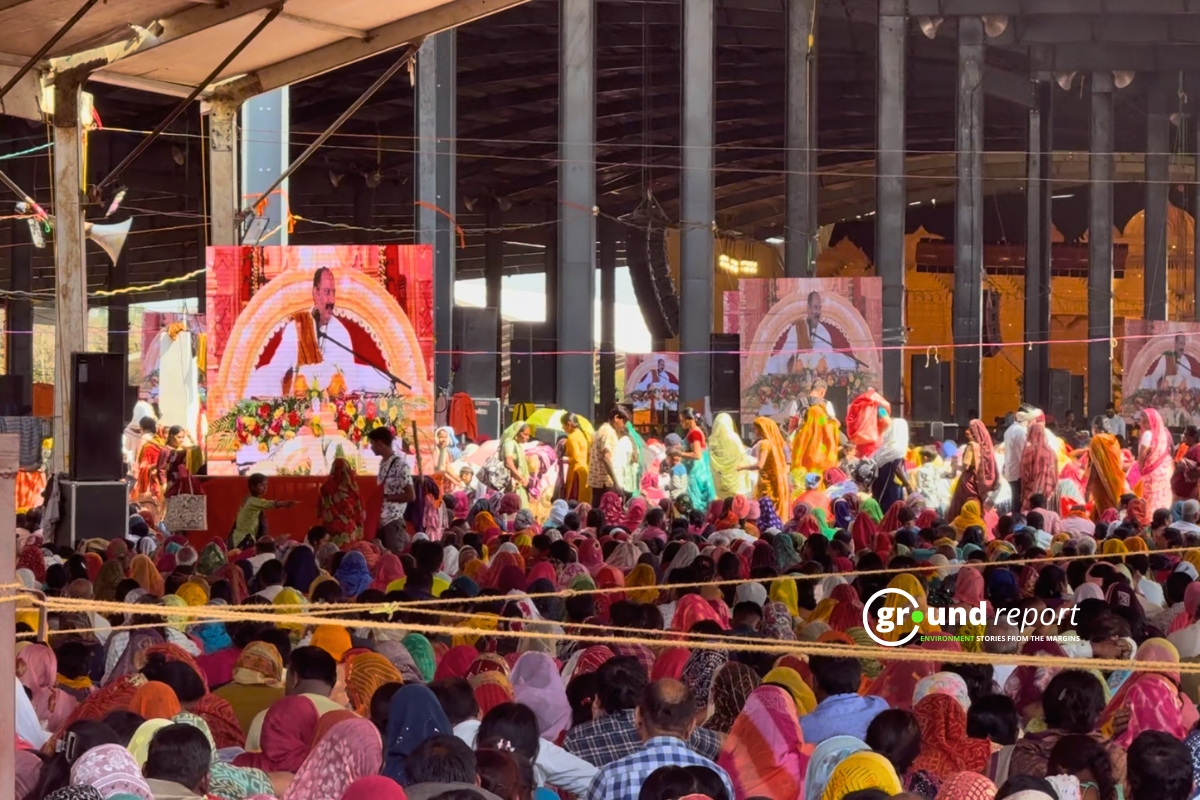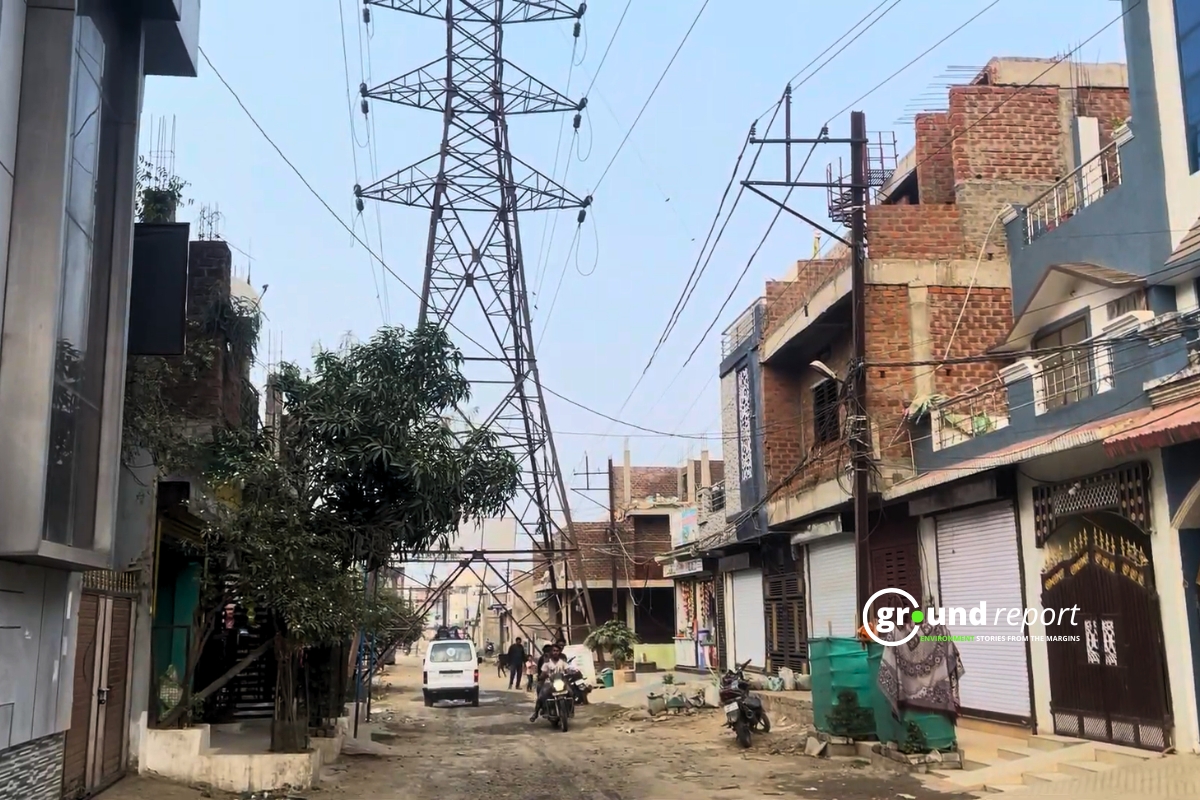Many revolutionaries sacrificed their lives in the battle of independence for India. There are many such revolutionaries who sacrificed in the war, whom many people do not know, and one of these revolutionaries also has the name of Batukeshwar Dutt.
Favouritism in history is by and large seen as a supply-side process. This result as picturization of only particular historical personalities or political entities of history.
For instance, why does Bhagat Singh seem to get so much more popular attention than Rajguru, Sukhdev or even Batukeshwar Dutt, who was tried along with Bhagat Singh and then imprisoned in the Cellular Jail in the Andamans.
But history is not all about particular historical personalities or political entities. So, here different schools of thoughts in history play a very important role , to unearth unknown actors, events, and many more things.
Many revolutionaries sacrificed their lives in the battle of independence for India. There are many such revolutionaries who sacrificed in the war, whom many people do not know, and one of these revolutionaries also has the name of Batukeshwar Dutt.
Batukeshwar Dutt, fondly known as BK Dutt, Mohan or Battu was born on 18 November 1910 in the Oari village in what is now West Bengal.
His father, Gosht Bihari Dutt, used to work in Kanpur.Hence, he was shifted to Kanpur to study in the PPN High school, from where he graduated. In 1924, Dutt met Bhagat Singh, and the two became thick friends. Bhagat Singh was an active member of the Hindustan Socialist Republican Association (HSRA) when he met Dutt, and soon, the latter joined the force too. Like Singh and Chandrashekhar Azad, Dutt learned how to make bombs during this time.
The Defence of India Act, 1915, passed by British government, gave them the unchallenged power to control revolutionaries and their activities. HSRA declared their staunch opposition to the act, and Lala Lajpat Rai’s death in a lathi charge further enraged the association.
He, along with Bhagat Singh, threw two bombs over the empty seats in the Central Assembly,gave arrest while throwing the historic pamphlets ‘To Make the Deaf Hear’ and shouted slogans: ‘Inquilab Zindabad’‘Workers of the world unite’, and ‘Samrajyavaad ka naash ho’ (down with imperialism).”on 8 April 1929.
In the 1929 attack, nobody was killed and only a few people had sustained minor injuries.
In fact, the revolutionaries only wanted to spread their ideas of revolution and inspire Indians to fight British imperialism, apart from protesting the unpopular bills that were being enacted in the assembly that day.
There was a charge of killing Sanders, on Bhagat Singh, Sukhdev and Rajguru, Therefore, he was sentenced to death. While Batukeshwar was punished with black water. He was sent to the infamous Cellular Jail in Andaman. He went on a hunger strike inside the prison of Kalapani.
Many years later, in an interview with Asaf Ali, who was defending Dutt while he was under trial, he said that Batukeshwar did not throw any bomb himself but he wanted to be with Bhagat Singh through thick and thin. This was why he also surrendered himself and took the blame of throwing one of the two bombs.
Bhagat Singh was an admirer of freedom fighter Batukeshwar Dutt. A proof of this is in his prison diary. He took an autograph of Batukeshwar Dutt. Batukeshwar and Bhagat Singh were imprisoned in Lahore Central Jail.
Four days before Batukeshwar shifted from Lahore jail to Bhagat Singh, Bhagat Singh went to meet him in cell number 137 of the jail. This date was 12 July 1930. On this day, he took his autograph on pages 65 and 67 of his diary. The original copy of the diary is with Yadavindra Singh Sandhu, a descendant of Bhagat Singh.
The president of Shaheed Bhagat Singh Brigade and his great-grandson Sandhu told that Shaheed-e-Azam considered Batukeshwar Dutt as his most special friend.
From there he was brought to Bankipur Central Jail, Patna in 1937. He was released in 1938. Then he plunged into the non-cooperation movement of Mahatma Gandhi. Hence Dutt was arrested again. He was released four years later in 1945. The country became independent in 1947. At that time, he was living in Patna.
Here, he had to become an agent of the cigarette company to make ends meet. Had to work as a tourist guide. His wife Anjali had to teach in a private school. The entire government system did not cooperate with them. Dutt applied for a bus permit in Patna. There, the commissioner scorned him by asking for proof of being a freedom fighter.
Batukeshwar Dutt fell ill in 1964. There was no one to ask him at the government hospital in Patna. On getting the information, the Punjab government sent a check of one thousand rupees to the Bihar government and wrote to the Chief Minister KB Sahai that if the treatment of Batukeshwar Dutt cannot be done in Patna, then the state government is ready to pay for his treatment in Delhi or Chandigarh.
The Bihar government swung into action on this. Dutt’s treatment was started but by then it was late. He was brought to Delhi on 22 November 1964. On reaching here, he told the journalists that he did not even think in his dream that in the Delhi where he had exploded the bomb, he would be brought on a stretcher like a lame.
Batukeshwar Dutt was admitted to Safdarjung Hospital. Later it was found out that he has cancer and only a few days of his life are left.
After some time, Punjab Chief Minister Ramkishan came to meet him. Batukeshwar Dutt, with giddy eyes, told the Chief Minister, “My last wish is that my cremation be done next to the tomb of my friend Bhagat Singh.” On the night of 20 July 1965, he left the world at 1.50 am. Honoring Batukeshwar Dutt’s last wish, his last rites were performed near the samadhi of Bhagat Singh, Rajguru and Sukhdev at Hussainiwala near the Indo-Pak border.
Ground Report के साथ फेसबुक, ट्विटर और वॉट्सएप के माध्यम से जुड़ सकते हैं और अपनी राय हमें Greport2018@Gmail.Com पर मेल कर सकते हैं।








